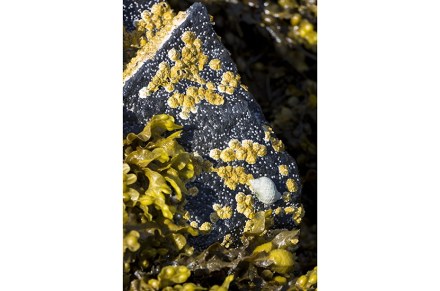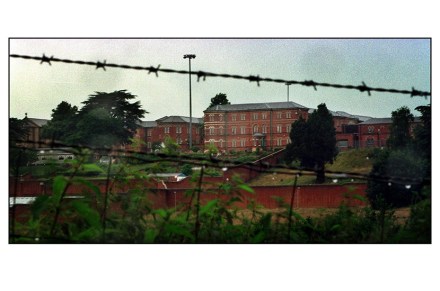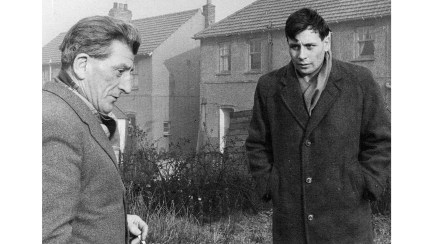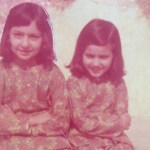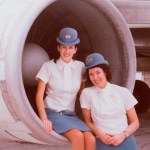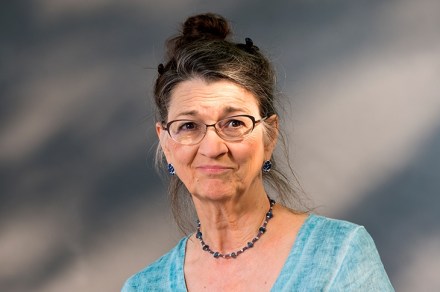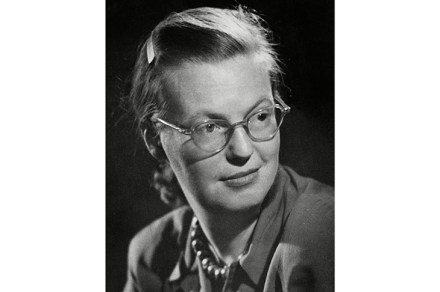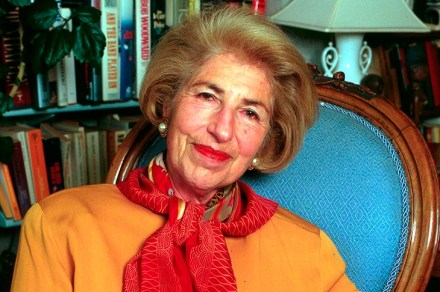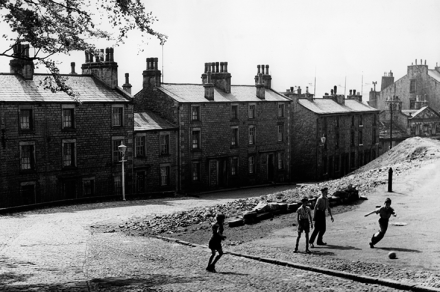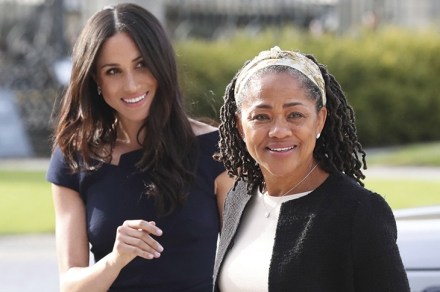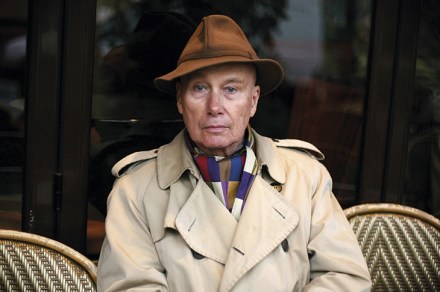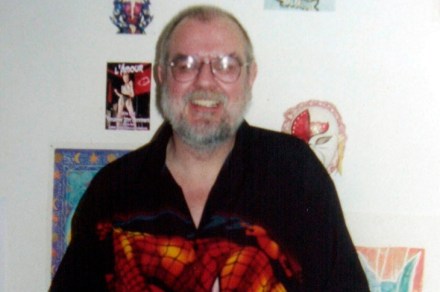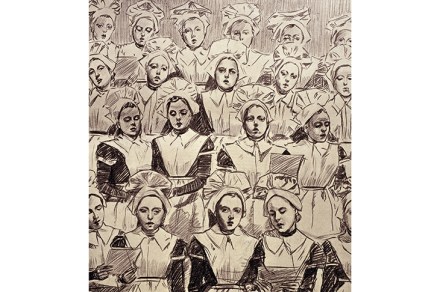The life cycle of the limpet teaches universal truths
Adam Nicolson is one of our finest writers of non-fiction. He has range — from place and history to literature and ecology, from the friendship of Wordsworth and Coleridge to the poetics of Homer, from the archaeo-ethnography of his own Hebridean island to the hardy and threatened lives of seabirds. To each he brings a vigorous curiosity and intellect, coupled with an emotional receptivity that ruffles the surface of his prose. Now he has turned his attention to the foreshore of Scotland’s west coast, and a particular point on the northern edge of the Sound of Mull — near Rubha an t-Sasunnaich —with its weeds and its wracks and its
